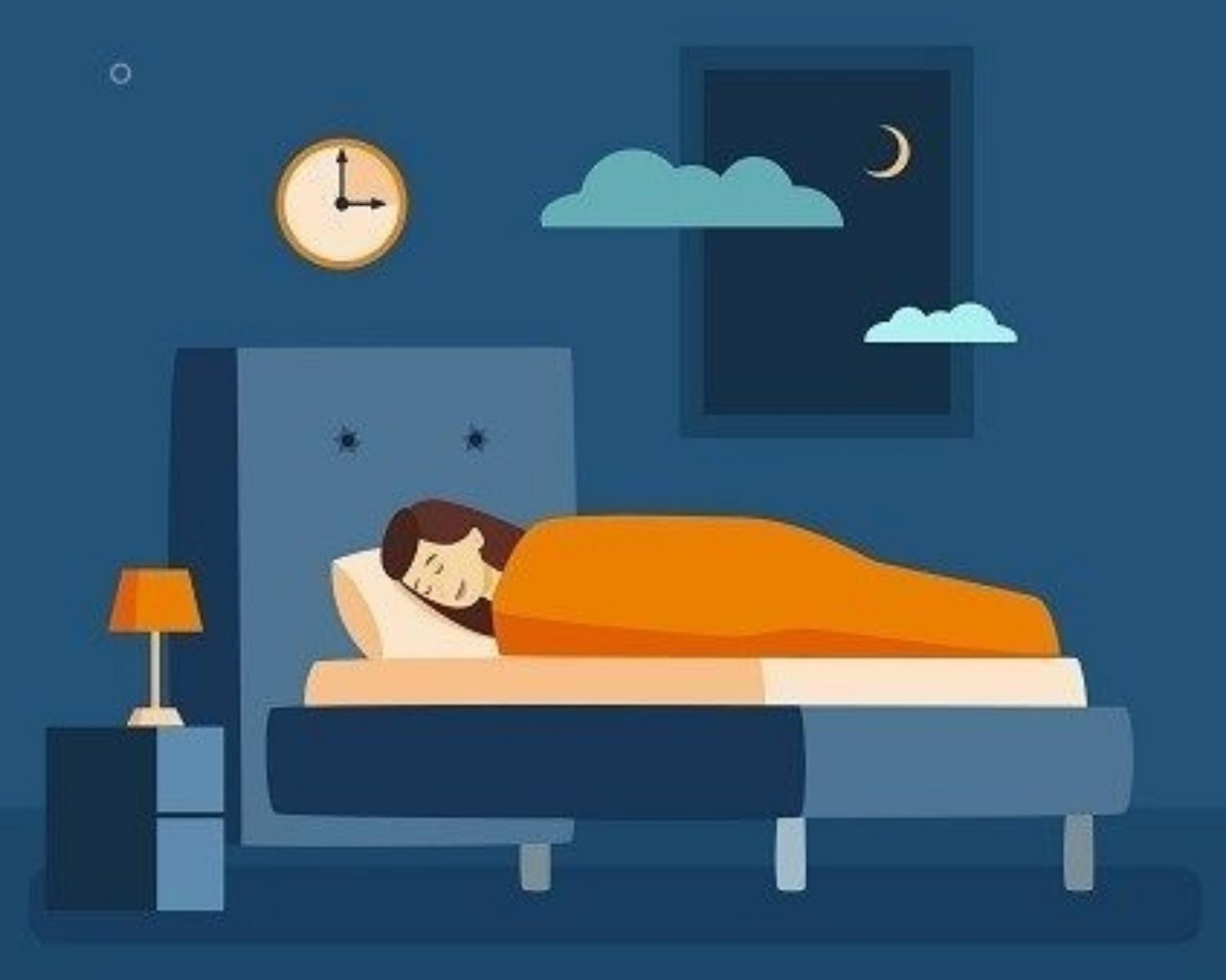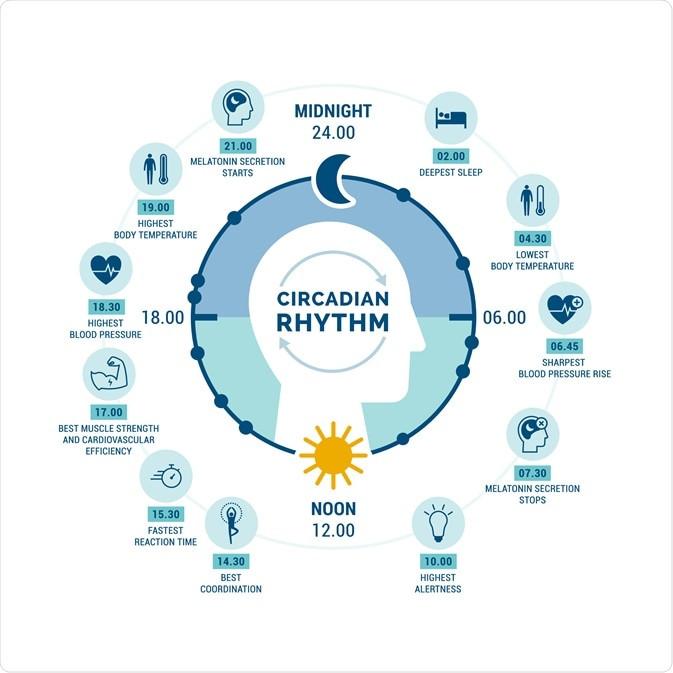Improve Sleep Quality
Intensity refers to how well you sleep. The percentage of sleeping time you spend in slow wave sleep and REM sleep largely determine the quality of your sleep each night.
Timing refers to when you go to sleep.
Duration is how long you sleep.
Intensity of your sleep is managed automatically by your body. The duration of your sleep is largely dependent on when you get into bed (. And that means getting to bed at an earlier, more consistent time is critical for improving the quality and duration of your sleep.
61
683 reads
CURATED FROM
The Science of Sleep: A Brief Guide on How to Sleep Better Every Night
jamesclear.com
3 ideas
·1.99K reads
IDEAS CURATED BY
Intelligent and inquisitive mother of one son and two dogs. Not afraid to admit I'm a little crazy and weird. I love learning about social sciences, new information on mental health, meditation, yoga, dance, music, and all animals.
As a person suffering from severe insomnia, sleep hygiene and importance of proper sleep are important to me. Understanding the negative consequences of lack of sleep are also imperative.
“
The idea is part of this collection:
Learn more about health with this collection
Navigating and enjoying the thrill of horror and scare experiences
Historical knowledge of Halloween and its origins
Understanding and appreciating Halloween traditions worldwide
Related collections
Similar ideas to Improve Sleep Quality
The Sleep-Wake Cycle
The quality of your sleep is determined by a process called the sleep-wake cycle. This cycle is dictated by your circadian rhythm.
There are two important parts of the sleep-wake cycle:
- Slow-wave sleep (also known as deep sleep)
- REM sleep (REM stands for ...
10. Quality Sleep
Research has shown that those who consistently get high-quality deep sleep tend to be more productive during the day.
Sleeping enough consistently improves:
- concentration
- eating habits
- mood
- focus
- improved quality of life.
Sleep Stages
- Stage 1. Your breathing slows as well as your heartbeat, eye movement, and brain wave activity. Your muscles begin to relax.
- Stage 2. Your breathing, heartbeat, and brain wave activity continue to slow. Eye movements stop.
- Stage 3....
Read & Learn
20x Faster
without
deepstash
with
deepstash
with
deepstash
Personalized microlearning
—
100+ Learning Journeys
—
Access to 200,000+ ideas
—
Access to the mobile app
—
Unlimited idea saving
—
—
Unlimited history
—
—
Unlimited listening to ideas
—
—
Downloading & offline access
—
—
Supercharge your mind with one idea per day
Enter your email and spend 1 minute every day to learn something new.
I agree to receive email updates



